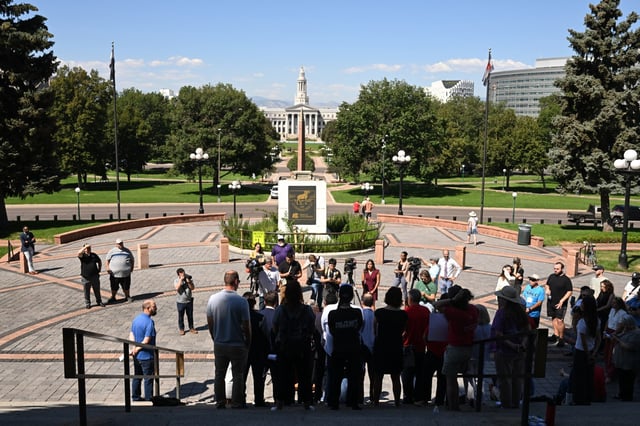Overview
- House Bill 1001 won initial approval to permanently cap the qualified business income deduction for earners above $500,000, projected to raise $46 million this fiscal year and about $100 million in each of the next two years.
- Leaders are pursuing $300 million to $400 million by limiting business tax breaks, including repealing insurance home‑office incentives, tightening rules on foreign incorporations, and changing sales‑tax vendor fee policies.
- Plans call for using roughly $300 million from reserves while directing the governor to coordinate midyear spending reductions with the Joint Budget Committee.
- Republicans oppose new revenue measures, argue they violate TABOR, and signal potential lawsuits as Democrats maintain their proposals comply with legal limits.
- The Senate passed measures to bolster food assistance and block taxpayer dollars for additional gray wolf releases, and lawmakers moved to delay implementation of a controversial AI law.



